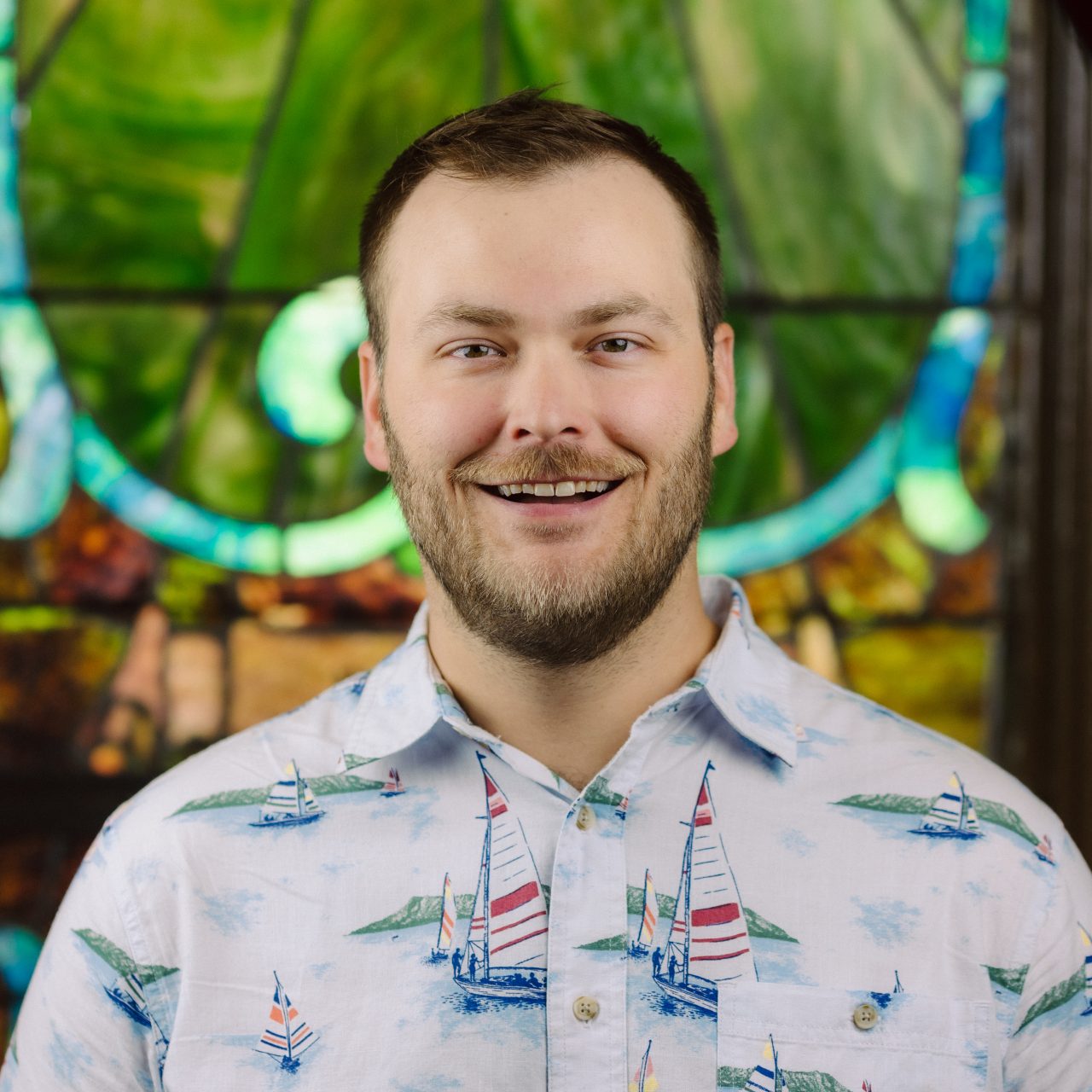This article originally appeared on redtreegrace.com. Red Tree is a multi-church ministry effort started by Hope Community Church in order to connect the clarity of God’s grace to our otherwise confusing lives and attempts at reading the Bible.
When I was growing up, I loved watching Looney Tunes. As I got older, I realized that many of the stories told in Looney Tunes were actually stories that had been told before. One example was when Bugs Bunny raced a tortoise and lost, a clear nod to the Tortoise and the Hare, which gave way to the inevitable lesson of the importance of humility. But it reminded me of how so many of these types of stories end with a similar punch. Think of The Boy Who Cried Wolf (“Be more honest!”) or The Beauty and the Beast (“Be less judgmental!”)
We are surrounded by moral messaging. It’s inside us too — we love good stories that present us with a good challenge. In reality, though, my attempts to apply the moral always seem to fizzle out. I might learn humility from Bugs Bunny and apply that lesson for a minute, but then I find myself on the highway muttering about the slow car in the fast lane and abruptly realize I’m not up to the challenge.
This is one reason why reading the Bible grows stale for many of us. We tend to think about Bible stories as moral challenges. But reading them this way can make the Bible exhausting because rules and laws are not meant to save or heal us, but to reveal the depth of our spiritual desperation. God doesn’t want us to read his story looking for a simple moralism. In fact, he wants to put our moralistic, rule-following thought patterns to death so that they can be replaced with something else. The story of Jesus forgiving and healing the paralytic in Mark 2 brings this startling reality into view.
One sign that we’re reading Mark 2 moralistically is when we find ourselves asking, “What type of person is this asking me to become?” This can lead us to a number of outcomes, such as “I should be a better friend” or “I should reach out more to the sick and suffering around me,” or “I should be more willing to evangelize and bring my friends to Jesus like the paralytic’s friends are here.” It could even lead us to think “I should not be like the teachers of the law who question Jesus and his power, but instead I should work harder to have faith, because the stronger my faith, the more likely it is for Jesus to heal me.”
Now, these things are not necessarily all bad to pursue. It would be wonderful if I could be a better friend, and I feel that even more acutely when I scroll my text message threads and see friends I love whom I haven’t reached out to in months or even years. I’d love to be more evangelistic because I really do love Jesus and people, but if you were to look at my schedule, I don’t think you’d put evangelism high on my priority list. I’m so darn bad at it. I’ve even led seminars on the subject and still find myself feeling like I’m doing a crummy job.
But here’s where reading stories about Jesus and looking for the moral lesson breaks down: moralism says the answer to my problem is that I must look to myself. I’ve got to be a better friend. I’ve got to try harder to share Jesus with others. I’ve got to have more faith, then Jesus will bless me. Instead of looking to Jesus and his power and grace, we look to ourselves and our weak efforts. And like cutting into an onion, we end up teary-eyed and disappointed as we find ourselves falling short yet again. So, how do we stop reading the Bible looking for another fruitless lesson? How can we read the story so that we can actually see Jesus clearly and rest underneath the true moral that God intends us to hear?
Let’s consider a few things from Mark 2. First, note that Jesus forgives the paralytic before healing him. Picture the scene. It’s laser-focused. All eyes are on Jesus. But instead of healing the man, he does the unexpected, saying, “Son, your sins are forgiven.” If we went inside the mind of the friends, the paralytic, or the teachers of the law, they must all be thinking…”What?!”
Jesus wants them, and us, to see something. He wants us to see that we need something more than physical healing. We need forgiveness. We need grace. We don’t need to try harder or do better in response to a wave of fresh inspiration — we need a Savior. Take him at his own word: “But I want you to know that the Son of Man has authority on earth to forgive sins.” Jesus uses the opportunity to turn our moralistic minds upside down and reveal that our situation is far more dire, and our hope to be saved is much nearer than we imagined. We are not in need of a greater moral effort from within ourselves. We are in need of someone outside of us to work a miracle on our behalf.
Much to the relief of observing parties, Jesus does heal the paralytic. Previously unable to walk, and at the mercy of others to carry him about, he is now by the word of power from Jesus’ lips capable of walking. The people are left in awe. But the story doesn’t end there. Remember, Jesus has the authority to forgive the sins of the paralytic and does in fact declare this man’s sins forgiven. But how do we know? How can we be certain that the paralytic has his sins forgiven?
The answer lies in what happens to Jesus later in Mark’s gospel. The paralytic was carried to Jesus by his friends in order to receive healing. But, looking ahead to the cross, we see something different. Jesus wasn’t carried by his friends. He was carried away by his enemies. He wasn’t carried to forgiveness and healing, but to condemnation and death, like a lamb to the slaughter. In our place, he didn’t resist but allowed himself to be carried away, and to be “cut into” like the roof in Mark 2 to make room for our salvation. This is why we have to stop reading for the moral of the story and start reading for Jesus. Because the real “moral” of the story is that Jesus took the brunt so that spiritually paralyzed people like us — people unable to change no matter how hard we try — could be healed and experience real forgiveness.
The story of the paralytic confronts our love for neatly packaged Looney Tunes lessons. God has a plan for moralists who are tired of fizzling out under new challenges. The grace of Jesus reveals a better story by showing us that God doesn’t want a bunch of people who have made themselves well. Instead, his desire is to forgive and heal the sinfully sick, needy, and desperate, which is every one of us. In God’s story, the true moral is not to try harder, but to gaze upon the cross of Christ that says to us, “That’s all folks!”





